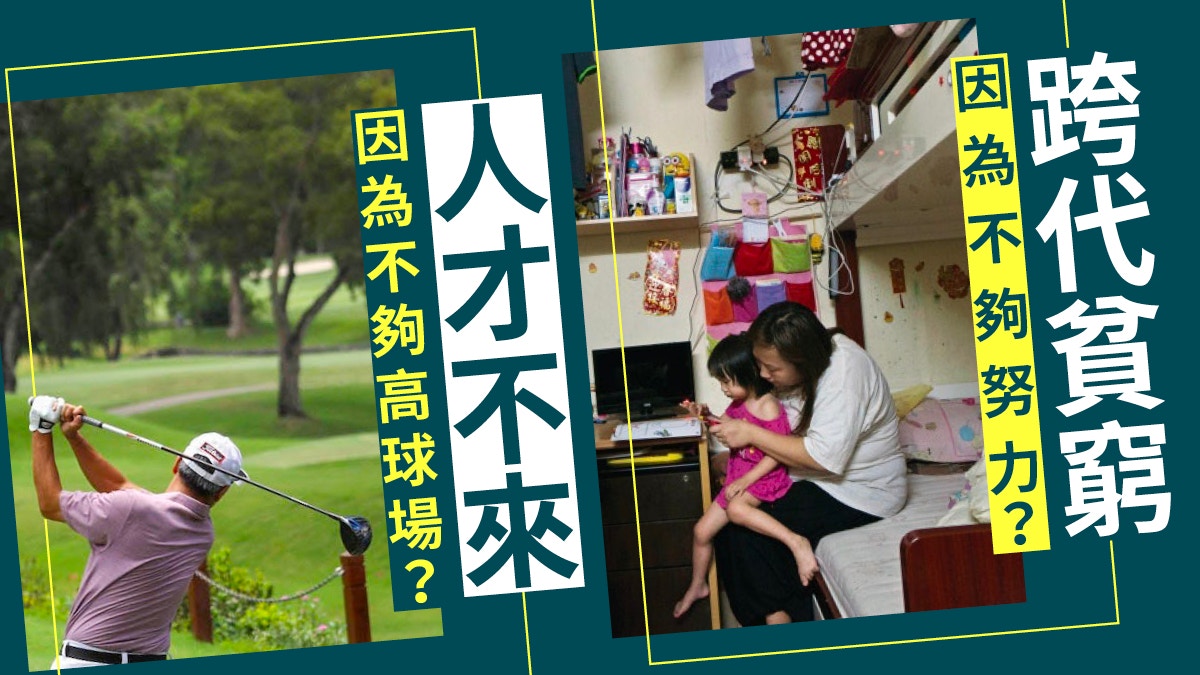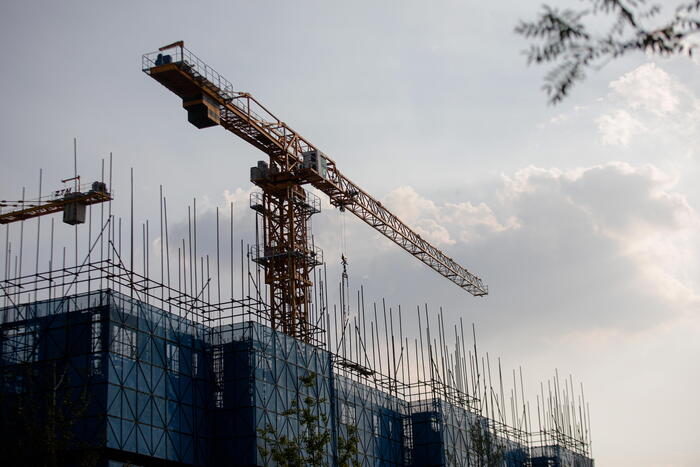Last Friday (26th), US Federal Reserve Chairman Powell emphasized at the Jackson Hole Global Central Bank Annual Meeting that in order to fight inflation, he will continue to raise interest rates aggressively, suggesting that policy will not be eased too soon. European and American stock markets fell, and the three major US indexes Both closed down more than three percent.
In fact, U.S. monetary policy is a typical case of fighting fires with paychecks.
In the early days of the epidemic, in order to combat economic problems, the Federal Reserve chose an unprecedented “water release” to save the market; excessively loose monetary policy led to hyperinflation, so the Federal Reserve decided to raise interest rates to suppress inflation regardless of the economic slowdown.
In order to solve one problem, another problem is created, and even the original problem is made worse.
The truth that a salary cannot put out a fire seems simple and easy to understand, but when we look back to Hong Kong, it is not difficult to find that many people are committing the same problem.
Recently, the Hong Kong property market in Japan has turned down, and many people have taken the opportunity to propose to relax the stamp duty, one to stimulate the property market, and the other to revitalize the economy.
Similar remarks not only flooded the media, but the guild convener Ye Liu Shuyi also publicly proposed to exempt mainlanders from the "double stamp duty" for property purchases. Long Hanbiao, a member of the Legislative Council of the real estate and construction sector, even advocated that the three "hot tricks" should be "stamp duty". less spicy".
But what is the price of stimulating property prices to stabilize and resume their upward trajectory? Hong Kong people will not be ignorant.
The "big bull market" in real estate since the end of SARS has made it more and more difficult for citizens, especially the younger generation, to go upstairs, greatly increasing the cost of living, and exacerbating the problem of social instability.
The high property market is only the result of the idling of funds and does not help the real economy of Hong Kong much.
On the contrary, the economic structure that relies heavily on the support of the property market has become a big problem so far.
The idea of supporting the property market to stabilize the economy is not just a repeat of the same mistakes, but more like drinking poison to quench thirst.
The property market has softened, and the market is eager to reduce the spiciness of the government, but is it feasible in reality?
(Photo by Liang Pengwei)
Housing and poverty problems should not be treated indiscriminately
Drinking poison to quench thirst sounds unreasonable, but in reality it is everywhere.
One of the solutions to the high property prices and the heavy cost of living in Hong Kong is, of course, to increase the housing supply, and the government will send a positive signal to the society to lower the market's expectation of investment in the property market.
However, last week, guild member Tong Jiahua, in order to oppose the repossession of part of the Fanling Golf Course to build houses, in turn pointed out that if Hong Kong's golf activities lag behind, it will be difficult to compete with other places for talent.
Maybe a small group of golf enthusiasts will put this factor in a very important position, but more people must consider factors such as job opportunities, innovation and technology environment, and living costs.
The answer is self-evident whether it can "quench thirst" without building houses.
Solving the housing problem is the consensus of the whole society, and increasing the supply of land is political correctness that no one will object to.
However, as for how to increase the land supply, in addition to those who oppose the resumption of the golf course, there are also DAB Legislative Council members who say that the ownership of brownfield land is not in the government's hands, and that the special government has the wisdom to take easy refuge.
If the solution to Hong Kong's economic structural problems requires easy asylum, then it is no wonder that many people hope that the government will "reduce spicy food" to boost the property market, and it is no wonder that Hong Kong's structural problems have not been solved for many years.
If we do not face up to the fundamental problem that the government does not take the lead in development, even if more residential units are completed, how can we ensure that they are affordable to the public and not continue to be a tool for money-making and investment?
Intergenerational poverty is a problem with the system, not because poor families are not working hard enough.
(file picture)
Similarly, the cause of intergenerational poverty in Hong Kong is not the laziness of the superficial grassroots families, but the structural problems of the social system, which has neither inheritance tax nor low basic tax rate.
Compared with the wealth accumulated by wealthy families, the next generation has an advantage in every stage of life from birth, growth, joining the society to starting a family. Poor students do not have the money to take interest classes and cram schools. Even if they can complete university, they may not To carry family burdens.
There are not many people who can change their lives through hard work alone, forming this social phenomenon of "no poor family in the top grades, no worldly elites in the inferior grades".
However, when the government announced the "Co-creation Teen Project", an intergenerational poverty eradication policy, the Chief Secretary for Administration, Mr Chan Kwok-kee, said that many successful people were born in poverty.
A misjudgment of the causes of the structure may not necessarily exacerbate the problem, but it will also make the society miss the target of reform and fail to effectively solve the problem.
There was once a famous dialogue in a movie, "This is for your own good", which satirizes some parents who do nothing for the good of their children.
There are many political elites in Hong Kong today who care about the people. However, because they have misunderstood the focus of the problem, they go to the doctor indiscriminately, and the result is likely to get worse and worse.
The government should solve its own ideological shackles
Excessive property prices, insufficient land supply, and inequality between the rich and the poor are old problems in Hong Kong.
The existence and continuation of the old problem itself shows that the old way cannot be continued.
If political elites want to solve the problem, they need to change their old habits.
Just like thinking that the weather is hot, many people habitually and preconceivedly propose to turn on the air conditioner to solve it.
But we all know that over-opening the air conditioner and increasing the temperature and gas exhaust will eventually make the climate warmer and make it more difficult to handle the heat.
Knowing this now, but still recommending turning on the air conditioner to solve the problem of extreme heat is different from fighting a fire with pay?
Therefore, in order to solve the old problem, we must first solve the shackles of our own thinking, and jump out of the original thinking frame to find the correct method.
The reason why the reform and opening up was able to reverse China's development trajectory is also due to the guiding principles of emancipating the mind and seeking truth from facts.
The CCP does not believe in the logic of capitalism or market economy, but seeks a socialist path that can deal with China's problems and solve China's needs.
A pair of sneakers from a Western brand is priced at over a hundred dollars, but its manufacturing cost in Asia is obviously less than ten dollars. The reason is obviously not that Asians are not working hard enough, but the structural problem of Western monopoly of wealth and Asia suffering from exploitation.
The remote compatriots in China cannot get rich, and the central government will not think that it is because they are not working hard enough, but will scientifically and objectively examine their resources and conditions, and actively use the tax revenue from richer areas to develop infrastructure and upgrade industries for backward areas. , change the situation of poverty in some areas for generations.
The Chief Executive, Li Jiachao, wants to put aside the shackles of existing ideas and propose a specific reform plan.
(Li Jiachao Facebook)
When our political elites hope that property prices will rise to preserve the value of property owners' "bricks", do they remember that other citizens can only continue to look at their homes and sigh?
A handful of Hong Kong people have increased their wealth by investing in the property market. Isn't the other side of the silver coin that many people lose their basic human rights to live and work in peace and contentment?
If we only say that poor students should know how to work hard and make progress, doesn't this sentence mean that poverty is like self-inflicted guilt?
Perhaps it was not that they were indifferent, but that there was no thought in their habits of mind about what the reverse of the coin was.
"Poverty limits imagination" is often joked in the market.
Hong Kong's political elites and social leaders are not poor, but their accustomedness to social structural issues seems to constrain many people's thinking.
If the government wants to resolve the deep-seated contradictions in Hong Kong, it must break its own inherent thinking and truly understand the appearance and nature of various problems.
Chief Executive Li Jiachao is preparing his first "Policy Address", which cannot repeat those clichés, but proposes specific reforms in various fields.
Only by abandoning the idea that the economy is hollow and that only the market is the big one can we propose policies to stimulate the development of local industries; let go of the idea that personal success depends on hard work, and we can strengthen the role of the government in secondary distribution to help citizens get rid of poverty.
[01 Editorial] Conflicts of interest are becoming more obvious and resolving conflicts can no longer be delayed [01 Editorial] The new government’s achievements in the New Deal are still to be seen [01 Editorial] The implementation of comprehensive reforms creates a new path for youth





/cloudfront-eu-central-1.images.arcpublishing.com/prisa/3I74UEXLYRBBRPGPSGWNN6WXH4.jpg)

